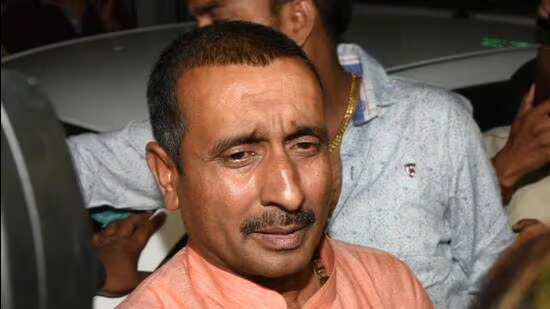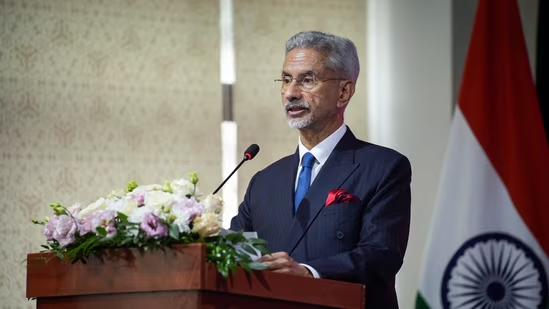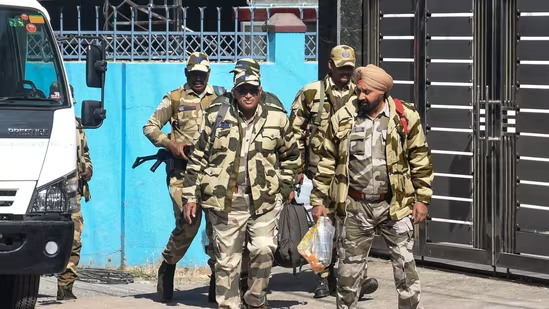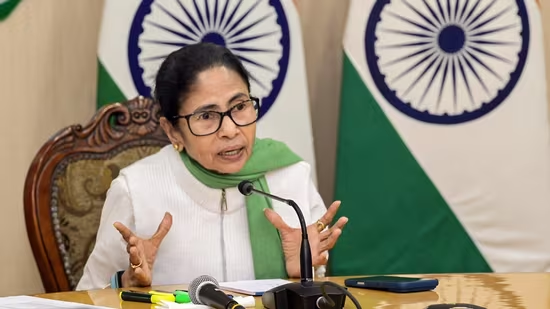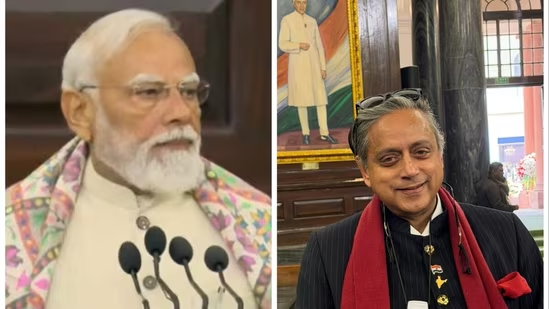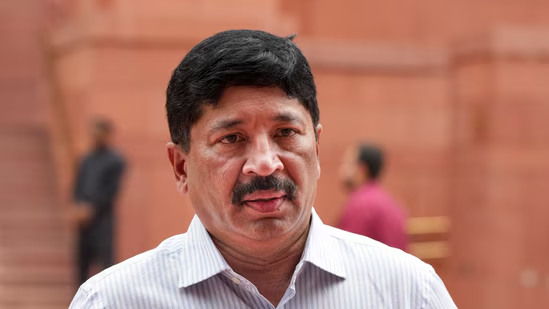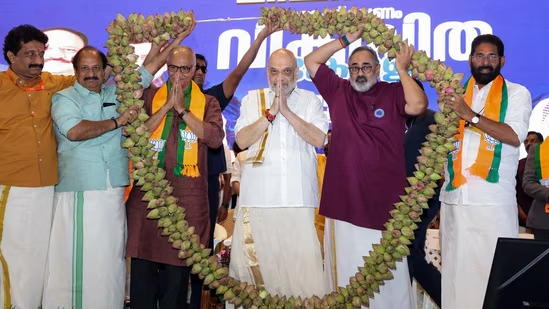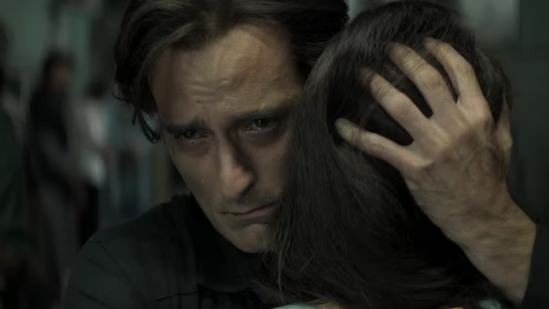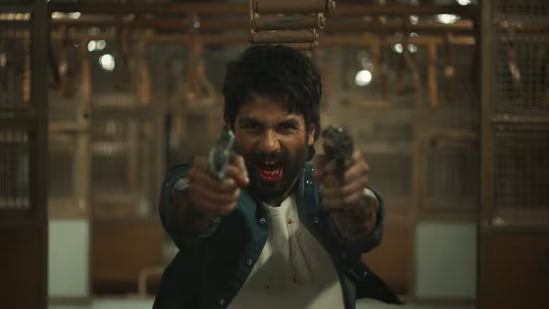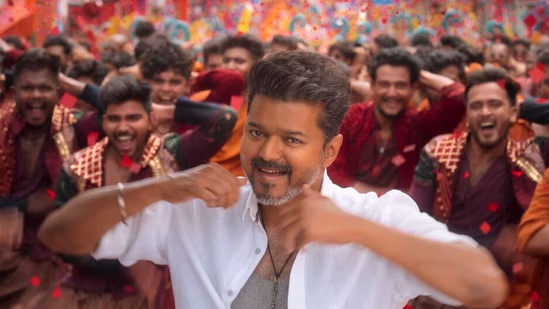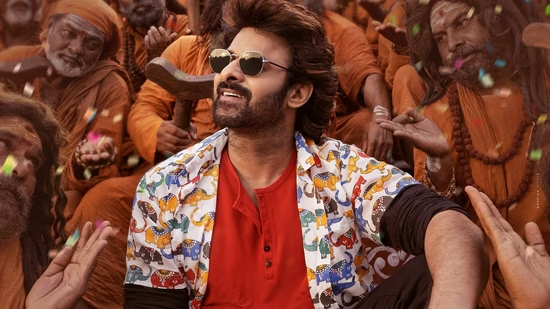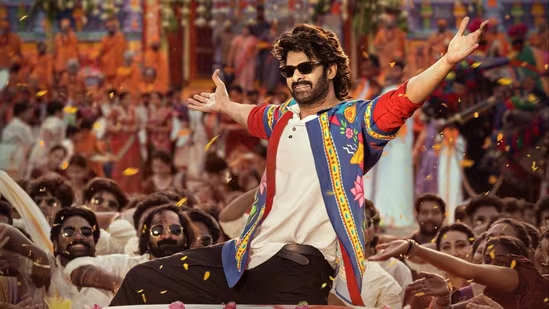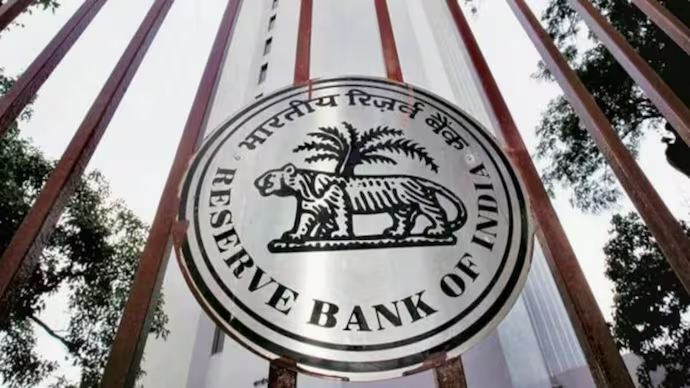Same-sex marriage verdict: CJI DY Chandrachud said it was “incorrect to state that marriage is a static and unchanging institution”.
The Supreme Court on Tuesday said it cannot legalise same-sex marriages, with Chief Justice of India DY Chandrachud saying making such a law is the domain of Parliament. A five-judge bench headed by the CJI Chandrachud, heard arguments in the case between April and May this year and pronounced its verdict on Tuesday.
Chandrachud said there was a degree of “agreement and disagreement on how far we have to go” on same-sex marriages as he began reading his order.
Chandrachud, while pronouncing the verdict on 21 pleas seeking legal validation for same-sex marriage, it is for Parliament to change the Special Marriage Act and the court can’t make law but only interpret it.
Four separate verdicts will be pronounced by the bench. “There are four separate judgments in the matter,” the CJI said and started reading out operative portion of his verdict.
Pronouncing the verdict, he said it was “incorrect to state that marriage is a static and unchanging institution.”
The five-judge constitution bench comprises the CJI and Justices Sanjay Kishan Kaul, S Ravindra Bhat, Hima Kohli and P S Narasimha. Besides the CJI, Justice Kaul, Justice Bhat and Justice Narasimha have penned separate verdicts.
This court can’t make law and it can only interpret it and give effect to it, he said, adding “homosexuality or queerness is not an urban concept or restricted to upper class of society”.
“Whether there is a need for change in the regime of theSpecial Marriage Act is for the Parliament to decide, Chandrachud said.
“To imagine queer as existing only in urban spaces would be like erasing them, queerness can be regardless of one’s caste or class,” he said.
The bench had on May 11 reserved its verdict on the pleas after a marathon hearing of 10 days.
Conclusions of CJI’s judgment:
- It’s for Parliament and state legislatures to legally recognise queer marriages.
- Can’t nix/read down the Special Marriage Act.
- Queer couples have a right to enter into union.
- The state’s duty is to ensure such unions and couples get protection and a bouquet of rights.
- Queer and unmarried couples can jointly adopt children.
- The Centre should proceed with its committee, headed by the cabinet secretary, to address the raft of concerns of same-sex couples, including ration cards, pension, gratuity and succession.





